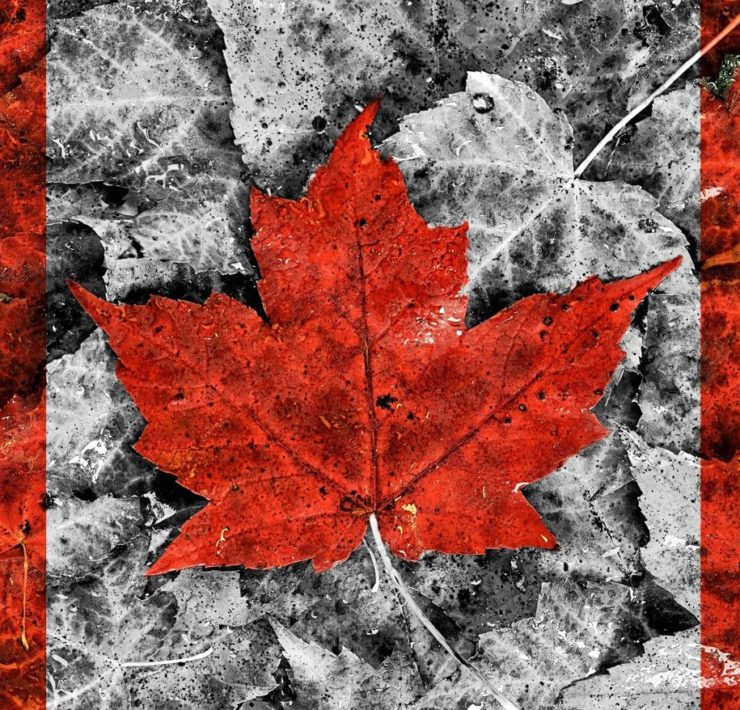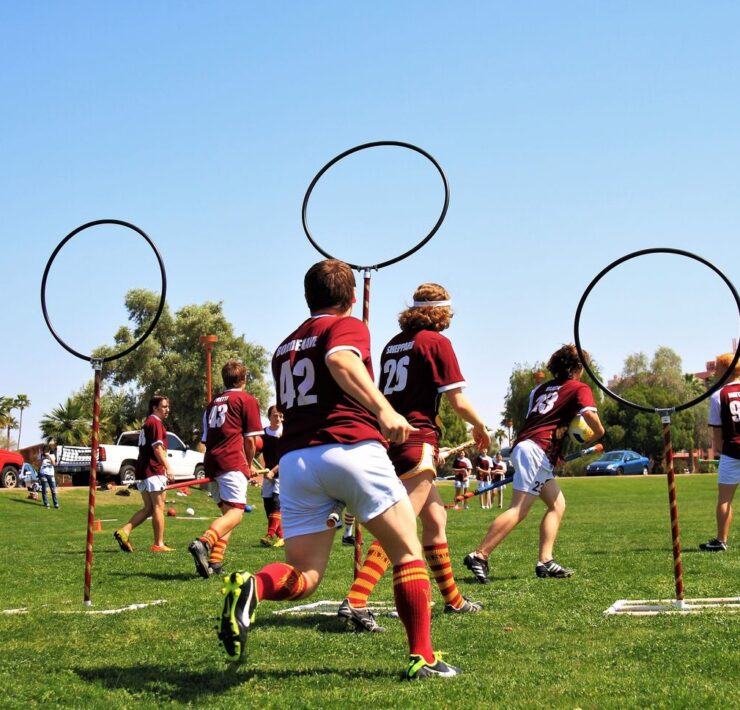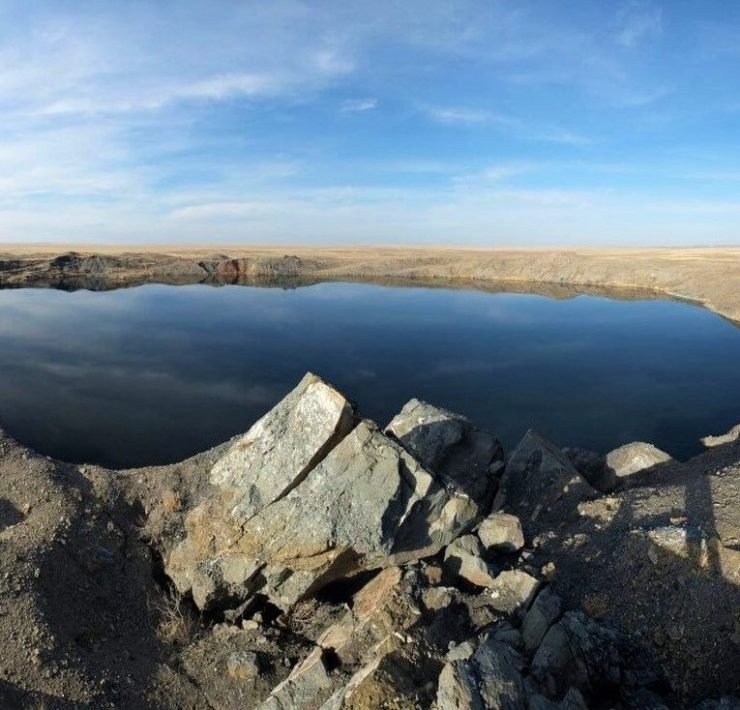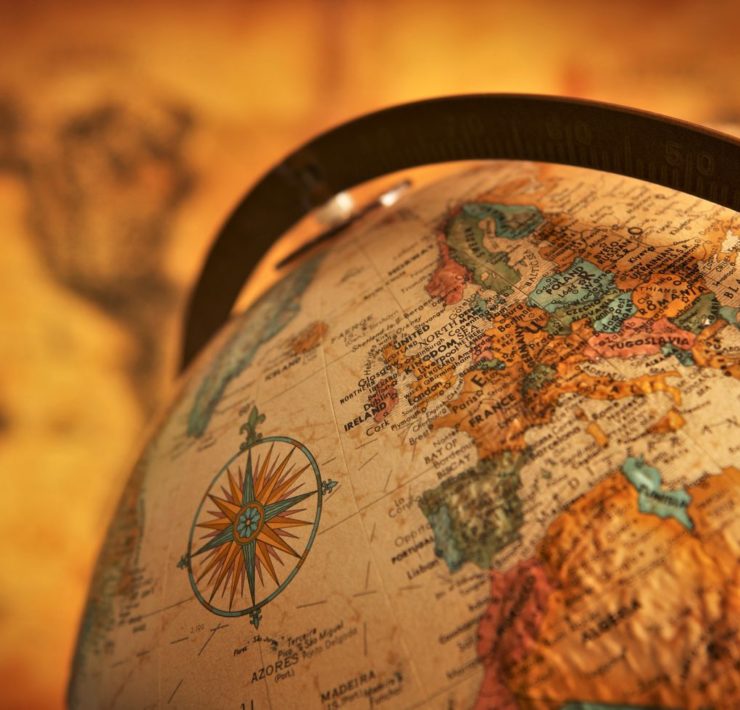Ready to get drunk and violent in Ireland? No, don’t, because the friendly Irish locals won’t let that happen. Instead, you better sit down, wait for your hot cuppa tea, and have a fun conversation with the laidback Irish people. Sorry, they won’t take no as an answer. Have the craic!
1. The Irish Language
When you say Irish, it doesn’t only pertain to the people and culture. It also includes the language that isn’t – take note – limited to English. Irish is a Celtic language just like Scottish Gaelic, Manx Gaelic, Welsh, Breton, Cornish, and the rest of the other Celtic languages that died around 1,500 years ago. It is believed that the Irish language has been used for over 2,500 years, spoken around Ireland and also in Scotland, the west coast of Britain, and the Isle of Mann. Through the years, the use of Irish has declined and English has taken its place. Studies now show that the Irish language ranks as the third most spoken language in Ireland after English and Polish.
2. Irish ‘Yes’ and ‘No’ Not Available
In Irish – Irish Gaelic to be clearer – there are no words for ‘yes’ and ‘no’. To answer positive or negative questions, you have to refer back to the question itself in the form of a positive or negative statement. So it’s like:
Ar dhiol sian an teach? (Did they sell the house?)
Dhiol. ([They] sold.)
Nior dhiol. ([They] didn’t sell.)
The Irish people nowadays who are used to speaking in English have the words Tá and Níl (or shea and ní hea) used as equivalents. These words still don’t mean ‘yes’ and ‘no’, rather they mean ‘it is’ and ‘it isn’t’.
3. Alcoholic or Just Drunk?
Ireland is often thought about as a country full of pubs and alcoholics, but is it even true? It looks like it is. There are around 7,500 pubs open all over the country and drinking is natural for everyone. Studies show that 64.3% of 18-24 year old drinkers consume six or more standard drinks on a typical drinking session and 75% of all alcohol consumed was done as part of a binge drinking session. Moreover, 54% of 18-75 year old drinkers were classified as harmful drinkers which equates to 1.35 million harmful drinkers.
4. Pubs Aren’t Just For Getting Drunk
Irish pubs outside Ireland are often the go-to places when someone wants to chill, listen to live music, watch a game on TV, be with friends while chugging down glasses of Guinness, get drunk, or end up in a brawl. A true Irish pub isn’t only green and serving Guinness on tap. In Ireland, a pub (short for public house) is a place where people of all ages gather not only to drink, but also to catch up on their friend’s and family’s latest happenings. Traditionally, a pub is a community center – not a sports bar. There can still be music but there’s a certain sound that you’ll find in a real Irish pub – flowing conversations mixing in with the continuous flow of drinks.
5. Slagging
Slagging or ‘pulling one’s leg’ or making fun of someone has been a part of the Irish culture for years. The closeness of Irish friendships – particularly Irish male friendships – can be measured by how egregiously the friends insult each other. This Irish custom can be easily misunderstood as foreigners not used to these jokes have often taken it seriously. As a foreigner, don’t take the slagging as an offense. Otherwise, think of it as a way of being familiar with you. The more they like you, the more they’ll slag you rather than shower you with compliments. Common topics for slagging include your incompetence, size, height, and probably everything else. The best way to react when someone slags you off? Slag them back.
6. Easygoing People
When it comes to time and socializing, Ireland is known to be the country with laid-back people. The Irish like to present themselves as easygoing people. People get onto first-name basis very quickly, even with authorities. Studies have found that Irish bosses are the most easygoing in Europe. However, the Irish people’s relaxed take on time can be frustrating for others. Time keeping isn’t that important in Ireland and being late 5 to 15 minutes (or later) is considered normal.
7. No Compliments Please
Irish people are extremely self-depreciating. Most of them don’t want to be perceived to be arrogant or show-offs. They try to be likeable and equal to the rest of the people, and boasting isn’t normally a part of the Irish culture. When you compliment an Irish person about an item they have, expect to receive a humble answer such as the commonly heard phrase “ Thanks, Pennys.” which means that the said item is cheap and not really worth the compliment. Any sort of praise or admiration are often played down.
8. Heavy Tea Drinkers
Besides being heavy on the booze, Irish people are also hardcore when it comes to drinking tea. They are even considered as some of the heaviest tea drinkers in the world with an average of four to six cups consumed per day. A typical Irish household won’t run out of Lyons or Barry’s teabags and generally, tea is served hot with milk and sugar as add-ons. To show Irish hospitality, it’s common that you as a visitor will be offered a cup of tea or more likely cups of tea several times a day. For non-tea drinkers, good luck.
9. Sorry!
“Sorry, we ran out of Guinness.”
“Sorry for the trouble.”
“Sorry, my phone is ringing.”
“Sorry, I need to go now.”
You’ll encounter apologies anytime, anywhere in Ireland. Forget about saying ‘Excuse me’ when interrupting someone or passing by and say ‘Sorry’ instead when you’re in Ireland. In other words, saying ‘sorry’ is an act of Irish politeness.
10. Having the Craic
What is craic? Craic is pronounced like the word ‘crack’ and no, ‘having the craic’ doesn’t mean you need to take a drug. It’s easy to have the craic and you only need to do one simple thing: enjoy life! Make jokes, slag someone off, tell good stories, have fun with the best company, and you’ll indeed have that high, that ‘craic’. Music has been also known to spice up the craic.
The meaning of craic however, changes depending on the phrasing. For example, when someone asks you “How’s the craic?” it means “How are you?”. “We had great craic” means “We had great fun”.
When On Earth Magazine is for people who love travel. We provide informative travel guides, tips, ideas and advice regarding places to see, things to do, what to taste, and much more for world travelers seeking their next dream vacation destination.






